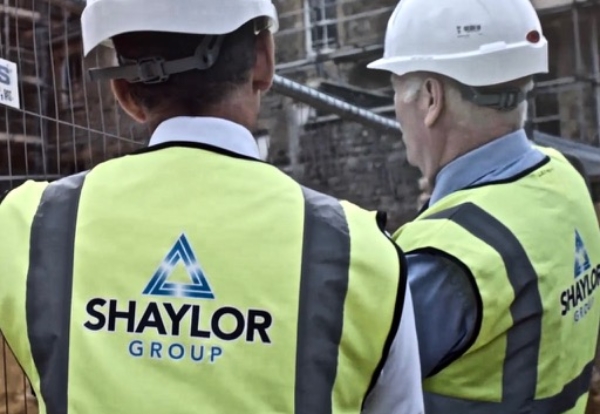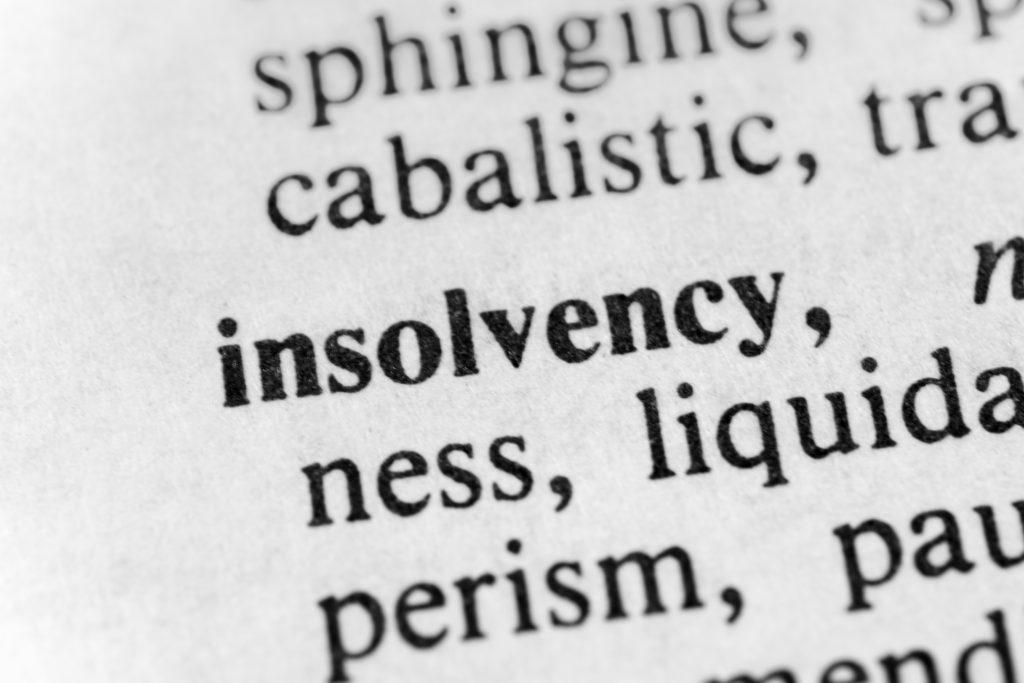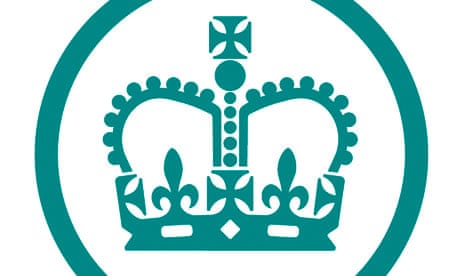Archive for August 2019
Tips for collecting long-standing debts
Earlier this year, I&L received a phone call from a distressed subcontractor (subbie). They claimed that for months, West Midlands construction firm the Shaylor Group had been ignoring their requests for payment of an overdue invoice. After a brief consultation, they instructed us to recover the debt on their behalf. Although we were made to…
Read MoreCVL boost in England leads to 5-year insolvency high
Between April and June 2019, the number of companies entering insolvency procedures reached a 5-year high, boosted by company voluntary liquidations (CVLs). According to the Insolvency Service, 4,321 companies fell into insolvency during the 2nd quarter of 2019. In England and Wales, this was driven by CVLs, which increased 6.7% compared with the first 3…
Read MoreStatutory Demand vs Pre-action letter
Pre-action letters and Statutory Demands (also known as Stat Ds) are useful tools for chasing longstanding and undisputed debts. But how do they differ? Firstly, the names of the participants involved. Whoever issues the Statutory Demand is an ‘applicant,’ but the sender of pre-action letter is a ‘claimant’. Likewise, the recipient of Stat D is…
Read MoreYoung and middle-aged women leading on insolvencies
The number of women entering insolvency procedures jumped from 30% to 54.3% between 2000 and 2018, according to new figures released by the Insolvency Service. Last year, women in England and Wales were involved in 65% of Debt Relief Orders (DROs); 54% of Individual Voluntary Arrangements (IVAs); and 38% of Bankruptcies. The figures reveal that…
Read MoreWhy pre-action or letters before action are essential
When chasing a business or person for a debt, it’s usually a good idea to send a letter before action – also known as a pre-action letter – before commencing legal proceedings. A letter before action is a formal notice requesting payment of an outstanding debt within 14 days in accordance with Part 7 of…
Read MoreHMRC’s Return to Crown Preference is Unfair
Expect more companies to go bust from April 2020, unless the government halts plans to make HM Revenue & Customs (HMRC) a secondary preferential creditor in insolvencies. These plans are consultative, but could impact creditors significantly if implemented. As a preferential creditor, HMRC could claim overdue penalties, VAT, PAYE, and national insurance contributions dating back…
Read More




